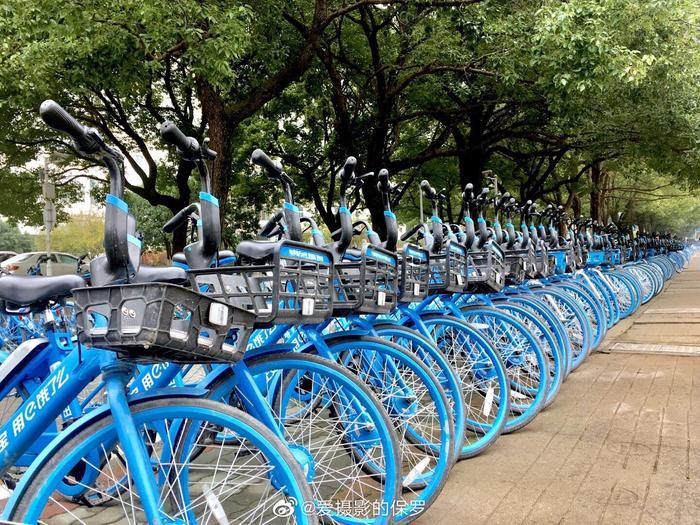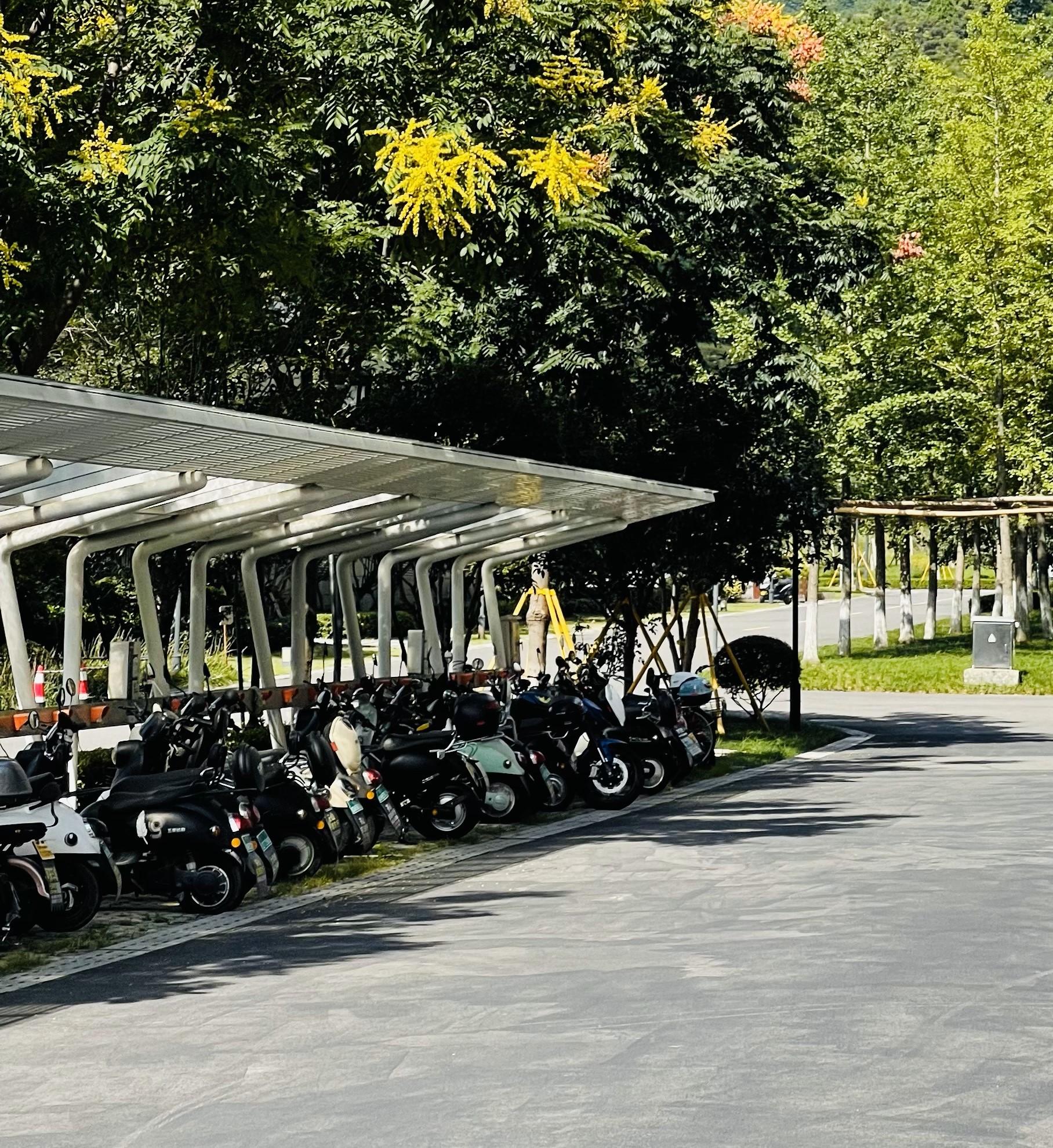
Transportation
WKU values sustainable options for students, faculty, and staff to maneuver around the campus and explore natural beauty. provide convenient public transportation options for students, faculty, staff, and visitors to replace private car travel, including free university shuttles, public transportation, bicycles, electric motorbikes, and other methods to reduce your carbon footprint. By the end of 2025, the campus public transportation and operation management fleet will be 100% electrified.


Shared Bicycles
The central concept of bike sharing is to provide free or affordable access to bicycles for short-distance trips, thereby reducing congestion, noise, and air pollution. A bike sharing is a visible and tangible step towards a greener and healthier campus. It would greatly improve student life. Students would be able to get to classes faster. It also shows a long-term commitment to healthy living.

Shared Electric Motorbike
The new modes of transportation offer an eco-friendly option for traversing campus, and they incorporate such safety features as “no ride zones” and “slow ride zones” at various locations. It offers an excellent use case for micromobility. The opportunity to bring a safe, equitable, and sustainable transportation solution to the campus community.

Golf Cart
WKU restricts the passage of private cars on campus, and faculty and students' motorized travel between various campuses mainly relies on the campus electric shuttle buses. The University’s fleet of golf carts for local travel around campus. Golf cart use has been present on the campus for many years. These golf carts will help optimize fuel efficiency and mitigate greenhouse gas emissions. Not only will this help to cut down on the purchase of fuels over time, but it also would eliminate carbon emissions. Also, noise pollution would be reduced on campus walkways and paths.

Campus Parking Charging Stations
The campus parking lot has sufficient charging stations to encourage the electrification of staff commuting vehicles. By 2025, no less than 1/6 of the parking spaces should have charging facilities. Combined with rooftop photovoltaics and energy storage batteries in newly constructed buildings to charge employees' electric vehicles and provide preferential electricity prices.

Subscribe to our newsletter or join us on social to be part of the community!
